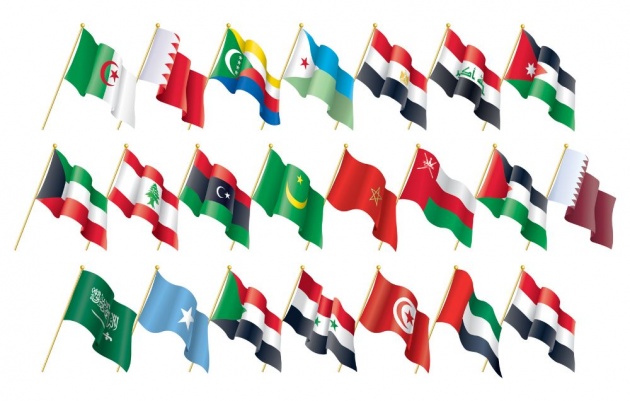Arab nationalism is one of the major and fundamental revolutionary movements of the Muslim world. Even though this movement began to find its first vague expression during First World War after the Second World War it developed into a formidable force and left its mark on contemporary history. It challenged the residue of western political and economic influences on the Arab Middle East. Arab nationalism has liberated a vital area of Muslim world from foreign socio, political, domination's and has created awakening opposition to monarchical absolution and to socio-economic injustice, it deserve the gratitude of the whole Muslim world.
Driving Forces of Arab Nationalism:
1. The driving force of Arab national struggle was a desire of Arab masses to shake off the yoke of foreign domination and to secure the right to live as free and self-respecting nations.
2. The struggle was also motivated by the purpose of correcting the wrongs which have been stone to them by the colonial powers and the most unbearable of these wrongs was creation of Israel.
3. It was like wise motivated by the desire to put an end to that artificial fragment of the Arab world which has considerably reduced the pressure of Arabs in the world politics.
4. It was motivated further by the purpose of getting rid of those corrupt and reactionary rulers who neither fully shared the popular aspirations of complete neither independence nor the longings for social justice.
Elements of Arab Nationalism:
1. Unity: Unity is the basic underlying norm in the life of the Arab peoples. Their division into separate entities is a transient phase of recent intrusion. The similarity of climatic conditions in the Arab countries with their long dry summers and the scarcity of waters have made for similarities in the social structure. The structure of a peasant society practicing dry farming and irrigating the soil by flood in the favored regions near rivers and springs.
2. Similarity of Civilization: Belief and practices which can be traced to per-Islamic and even per-Christian origins are still among the people and form part of a folk culture, shared alike by the various communities irrespective of their religious affiliations. The unity of civilization is further expressed in the organization of the family which is essentially the same, whatever the religious background of the community.
3. Strong Religious Bond: A great unifying force is provided by Islam which is not only a religion but a culture and a way of life as well. Quran have preserved the unity thought and expression. 
4. Arabic Language: Arabic language is the one of the strongest bonds which holds the Arabs in togetherness. Arabic is the mother tongue of all the people living in the countries from Morocco to Iraq. A deep attachment to the Arabic language is characteristic of all Arabs.
5. Common Heritage of All Arabs: The memories of caliphate with its power and splendor are real even though countries of fragmentation have intervened. This culture and historical consciousness is not confined to the intellectuals though naturally their awareness is more articulate. It is shared in a real sense by the peasants and the illiterate masses who despite their lack of formal learning are aware of and attached to this heritage which find expressions in their heroic tales.
6. Similar Political Interests: Besides these cultural, historical, social and climatic factors there other spheres of agreement among the Arabs as well like the liberation of Arab countries, particularly of Palestine, opposition to foreign political and economic influence etc.
Arab Nationalism
Posted on at



